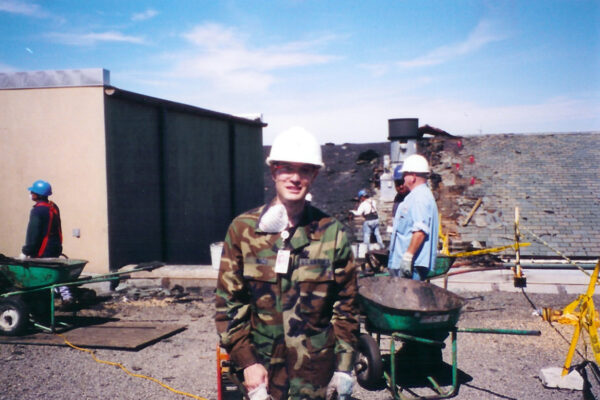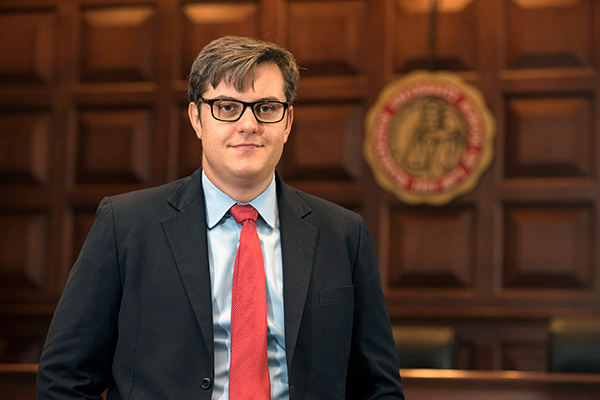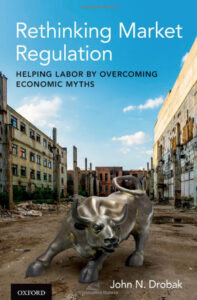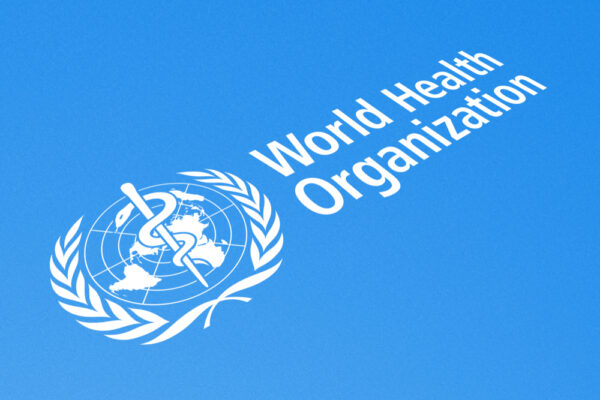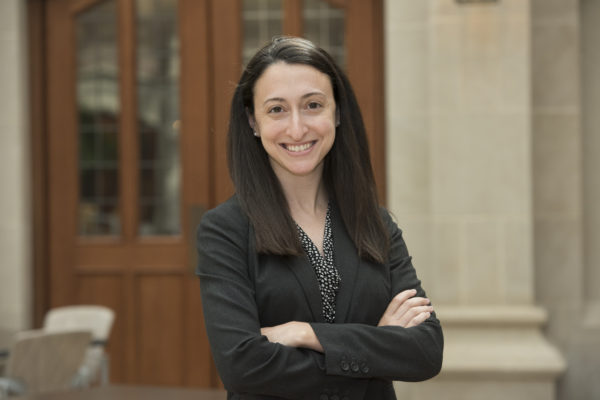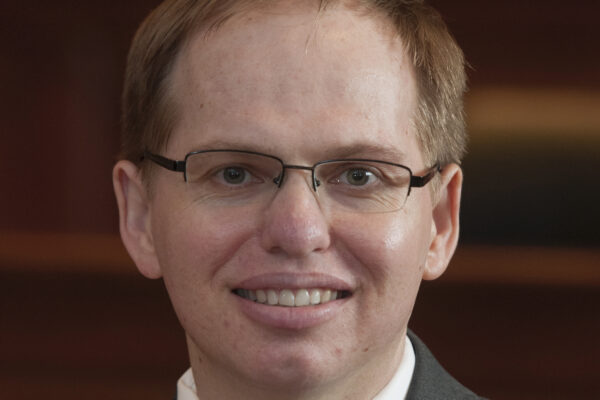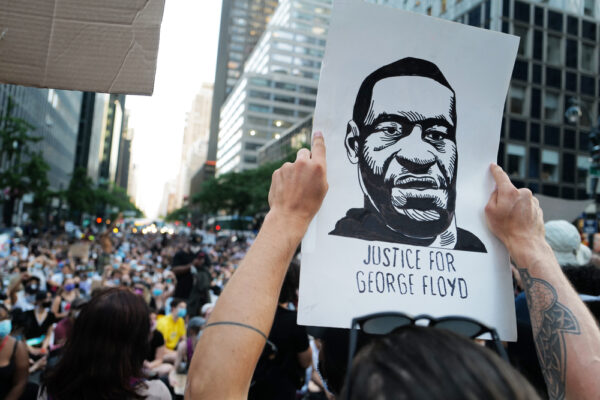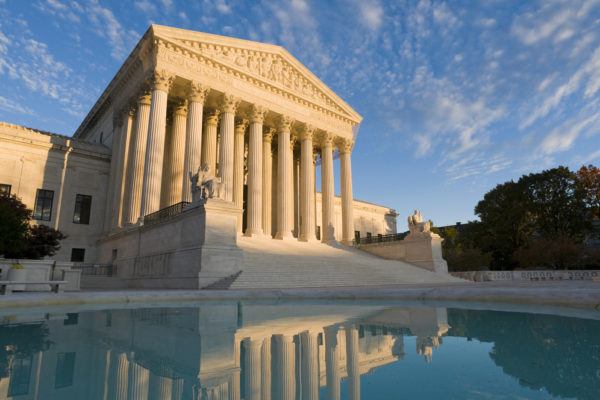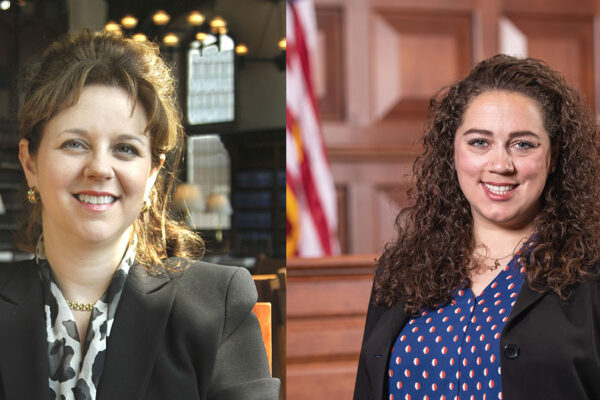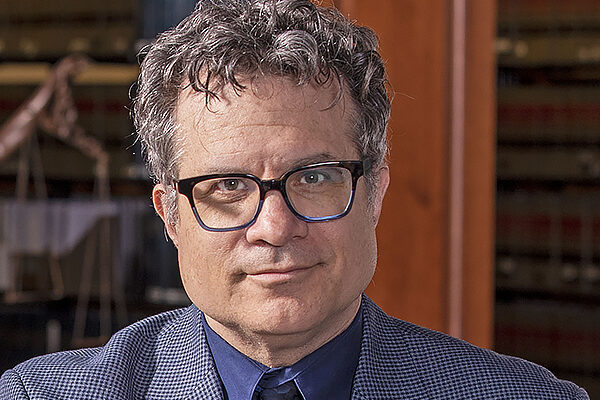Inazu was in Pentagon on 9/11. He reflects on the day
John Inazu, the Sally D. Danforth Distinguished Professor of Law and Religion, was working in the Pentagon on Sept. 11, 2001, when a plane crashed into the building. Here, he reflects on the day and what it means to him now.
Epps testifies before Supreme Court commission
Dan Epps, the Treiman Professor of Law, testified before the Presidential Commission on the Supreme Court of the United States on July 20.
Rethinking Market Regulation
Helping Labor by Overcoming Economic Myths
John Drobak’s “Rethinking Market Regulation” is a timely and much needed rebuttal to the economic analysis that has justified decades of corporate outsourcing of millions of jobs and the legitimization of massive executive compensation in our country during hard times for many employees. Drobak, contrary to Wall Street Myth, fervently believes greed is not good and urges several […]
WHO accepts COVID-19 reform recommendations from Harris Institute
A report on COVID-19 reforms convened by the Whitney R. Harris World Law Institute in the School of Law, in partnership with the McDonnell International Scholars Academy, was submitted a World Health Organization (WHO) panel in preparation for a final report at a WHO meeting on pandemic preparedness.
Sachs testifies before House committee
Rachel Sachs, an expert on drug pricing at the School of Law, testified May 4 before the House Committee on Energy & Commerce about lowering prescription drug costs.
Tuch paper chosen among top 10 of 2020
The scholarship of Andrew Tuch, professor of law and expert on financial and securities regulation at the School of Law, has been chosen by Corporate Practice Commentator as among the top 10 articles of 2020.
Five factors that led to Chauvin guilty verdicts
Former Minneapolis police officer Derek Chauvin was convicted April 20 for his killing of George Floyd. Collectively, people across the country breathed a sigh of relief because far too often, the story has been police killing people of color with impunity, says an expert on race and the law at Washington University in St. Louis.
Supreme Court term limits would greatly reduce imbalance on the court, study finds
Imposing term limits on justices who sit on the U.S. Supreme Court could bring significant changes to the nation’s highest court, suggests a forthcoming paper from two Washington University in St. Louis law professors.
Gun violence and human rights: Seeking a comprehensive solution
America’s insistence on gun rights is violating its citizens international human rights. Law experts talk about what the United States can do about the gun violence crisis.
Law and policy series lineup announced
The School of Law’s Public Interest Law & Policy Speakers Series spring lineup kicks off Feb. 4 with Gregory Magarian giving the lecture “The First Amendment and the Mess We’re In: From the Streets to the Cloud.”
Older Stories
